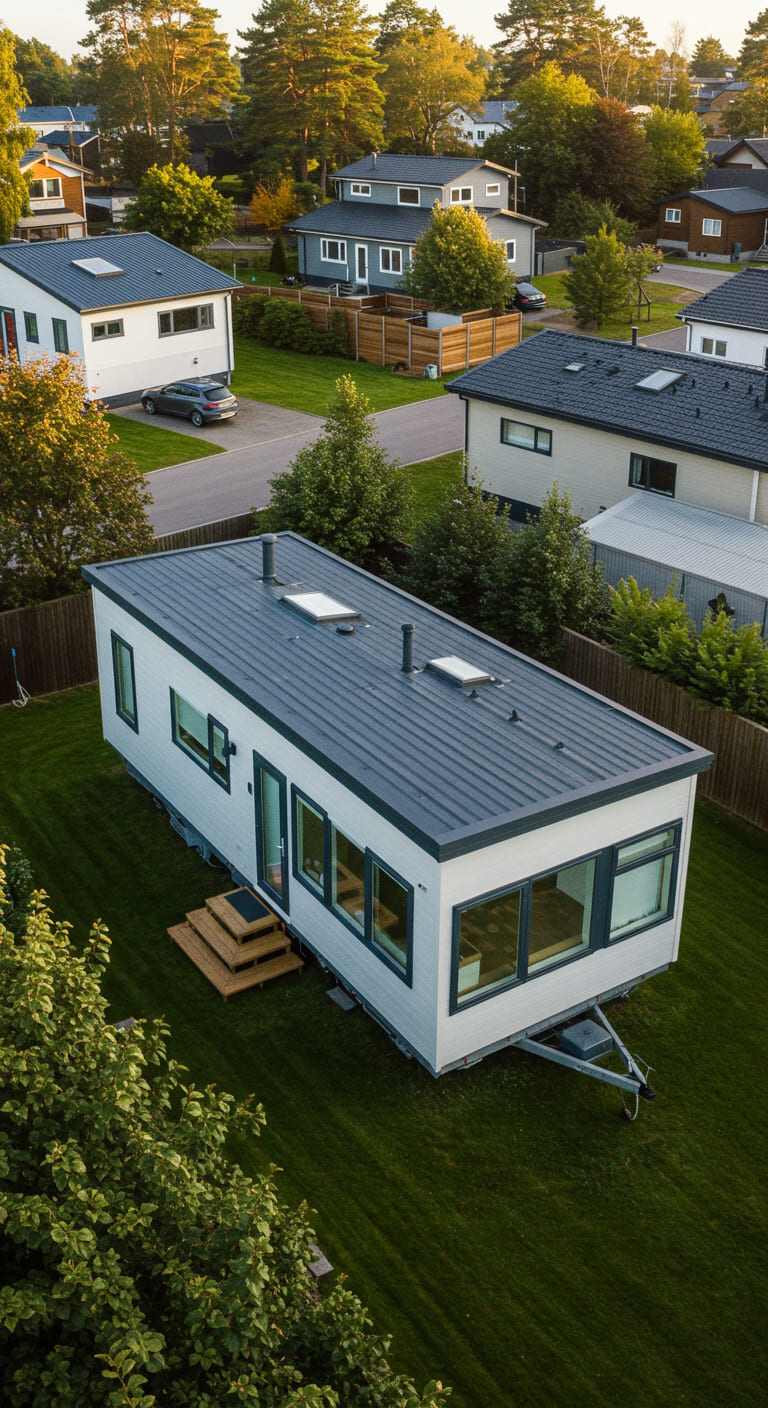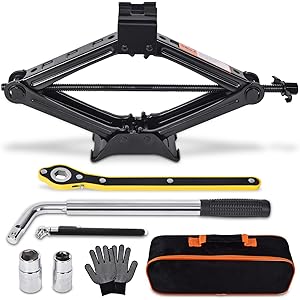When I first considered buying a mobile home, I was captivated by the idea of affordable housing and the freedom that came with it. However, I quickly learned that the journey was far more complex than I had initially anticipated. In this article, I’ll take you through my experience and reveal the hidden costs associated with buying a mobile home. By understanding these expenses, you can make an informed decision and potentially save thousands of dollars.
Understanding Mobile Homes: The Basics
Before diving into the hidden costs, it’s crucial to understand what a mobile home is. Mobile homes, often referred to as manufactured homes, are pre-fabricated structures that are built in factories and transported to their locations. They offer a more affordable housing solution compared to traditional homes, but they come with their own set of unique challenges.
Initial Costs: What You See Isn’t Always What You Get
When I began shopping for mobile homes, I was initially drawn to the attractive price tags. However, as I delved deeper, I found that the initial cost was just the tip of the iceberg. Here are some expenses you might overlook:
- Purchase Price: The listed price of the mobile home is often just the starting point. Don’t forget to factor in sales tax, registration fees, and any dealer fees.
- Site Preparation: Depending on where you plan to place your mobile home, you might need to invest in site preparation. This can include clearing land, leveling the ground, and installing utilities.
- Transportation Costs: If you’re purchasing a mobile home from a different location, transportation costs can add up. Shipping fees vary based on distance and the size of the home.
According to the Manufactured Housing Institute, the average cost of a mobile home can range from $50,000 to $150,000, but it’s essential to account for these additional costs.
Financing: The Hidden Pitfalls
One of the most surprising revelations I encountered was how financing a mobile home can differ significantly from a traditional mortgage. Here are some key points to consider:
- Loan Types: Many lenders offer chattel loans for mobile homes, which often come with higher interest rates and shorter repayment terms compared to traditional mortgages.
- Down Payment: Expect to put down anywhere from 5% to 20% of the purchase price, depending on the lender and your credit history.
- Insurance Costs: Mobile homes typically require specialized insurance, which can be more expensive than standard homeowners insurance.
In my case, I faced a 7% interest rate on my chattel loan, which significantly increased my monthly payments. It’s crucial to shop around and compare financing options to avoid falling into a costly trap.
Ongoing Costs: The Monthly Burden
Once I became a proud mobile home owner, I quickly realized that the monthly expenses were more than I had anticipated. Here are some ongoing costs you should keep in mind:
- Lot Rent: If your mobile home is located in a park, you’ll likely pay monthly lot rent. This can range from $200 to $800 or more, depending on the location and amenities.
- Utilities: Utilities can be higher for mobile homes, especially if they’re older models. Be prepared for potential costs related to heating, cooling, and water.
- Maintenance and Repairs: Mobile homes often require ongoing maintenance, including roof repairs, plumbing issues, and HVAC system upkeep.
For example, I underestimated my utility bills during the winter months, and they skyrocketed due to an inefficient heating system. It’s essential to budget for these ongoing costs to avoid financial strain.
Insurance: Protecting Your Investment
As I navigated my mobile home journey, I quickly learned the importance of insurance. Here’s what to consider:
- Types of Insurance: Mobile home insurance typically covers the structure, personal property, and liability. It’s crucial to choose the right policy that fits your needs.
- Cost Variability: Insurance costs can vary significantly based on the home’s age, location, and the coverage amount. Be sure to get multiple quotes before making a decision.
In my case, my insurance premium was higher than anticipated, which further contributed to my ongoing costs. Always read the fine print and understand what is covered and what isn’t.
Property Taxes: An Unexpected Burden
Property taxes are another hidden cost that took me by surprise. While mobile homes may have lower property tax rates compared to traditional homes, they still exist. Here are a few insights:
- Assessment Values: Mobile homes are assessed at a different value than traditional homes, but that doesn’t mean they’re exempt from taxes.
- Local Variance: Property tax rates vary significantly from one location to another, so research your local rates before purchasing.
In my experience, the monthly property tax bill added up quickly, and I wished I had factored it into my budget from the beginning.
Resale Value: The Long-Term Consideration
When I bought my mobile home, I thought about its potential resale value. Unfortunately, many mobile homes depreciate over time, which can impact your investment. Consider the following:
- Market Demand: The resale value of mobile homes can be affected by market demand and location. Research local trends before making a purchase.
- Condition of the Home: A well-maintained mobile home will retain its value better than one that shows signs of wear and tear.
In my case, I found that upgrading certain features in my mobile home helped preserve its value. Investing in quality materials and regular maintenance can pay off in the long run.
Case Studies: Real-Life Experiences
To further illustrate the hidden costs of buying a mobile home, let me share a few case studies from fellow mobile home owners.
Case Study 1: Sarah’s Experience
Sarah purchased a mobile home for $70,000, thinking it was a steal. However, after factoring in lot rent, utility bills, and insurance, her monthly expenses totaled nearly $1,200. Within a year, she realized that her dream of affordable living was slipping away due to unforeseen costs.
Case Study 2: Tom’s Renovation
Tom bought an older mobile home for $55,000 but quickly realized it required significant renovations. He spent an additional $20,000 replacing the roof, upgrading the plumbing, and installing new appliances. Though he loved his home, the unexpected expenses nearly broke his budget.
Statistics: Understanding the Bigger Picture
According to a survey conducted by the National Association of Realtors, nearly 60% of mobile home buyers reported being surprised by hidden costs after their purchase. Additionally, 45% of buyers faced unexpected financial strain due to ongoing expenses.
Tips to Save Big on Your Mobile Home Purchase
Now that I’ve shared my experiences and insights, here are some actionable tips to help you avoid the pitfalls and save money when buying a mobile home:
- Do Your Research: Understand the local market, average lot rents, and utility costs before making a decision.
- Get Multiple Quotes: Whether it’s for insurance, loans, or repairs, always get multiple quotes to ensure you’re getting the best deal.
- Budget for Unexpected Costs: Set aside a contingency fund for unexpected expenses that may arise after your purchase.
- Consider New vs. Used: While used mobile homes can be more affordable, new models often come with warranties and fewer immediate repair needs.
Conclusion: The Path to Informed Decision-Making
Buying a mobile home can be an excellent option for affordable housing, but it’s crucial to be aware of the hidden costs that can arise. From initial expenses to ongoing bills and potential resale value, understanding the full financial picture is vital for making an informed decision.
As I learned through my journey, knowledge is power. By arming yourself with information and being prepared for the unexpected, you can navigate the mobile home market with confidence and potentially save big in the long run.
FAQs
Q: Are mobile homes a good investment?
A: Mobile homes can be a good investment if you consider the hidden costs and potential resale value. Always do your research and budget accordingly.
Q: What are the financing options for mobile homes?
A: Financing options can include chattel loans, personal loans, and traditional mortgages. It’s essential to shop around for the best interest rates and terms.
Q: How can I save money on mobile home insurance?
A: To save money on insurance, compare quotes from multiple providers and consider bundling your mobile home insurance with other policies.
If you found this article helpful, please consider signing up for our newsletter for more insights on mobile home ownership. Share this content with friends and on social media to help others uncover the hidden costs of buying a mobile home!
Car Jack Kit Scissor Jack for Car 2 Ton (4409 lbs) Tire Jack Tool Kit Universal Car Emergency Kit with Lug Wrench Tire Changing Kit for Car SUV (2T)
$35.99 (as of November 15, 2025 07:52 GMT -03:00 - More infoProduct prices and availability are accurate as of the date/time indicated and are subject to change. Any price and availability information displayed on [relevant Amazon Site(s), as applicable] at the time of purchase will apply to the purchase of this product.)
Sign up for our newsletter and stay up to date with exclusive news
that can transform your routine!





